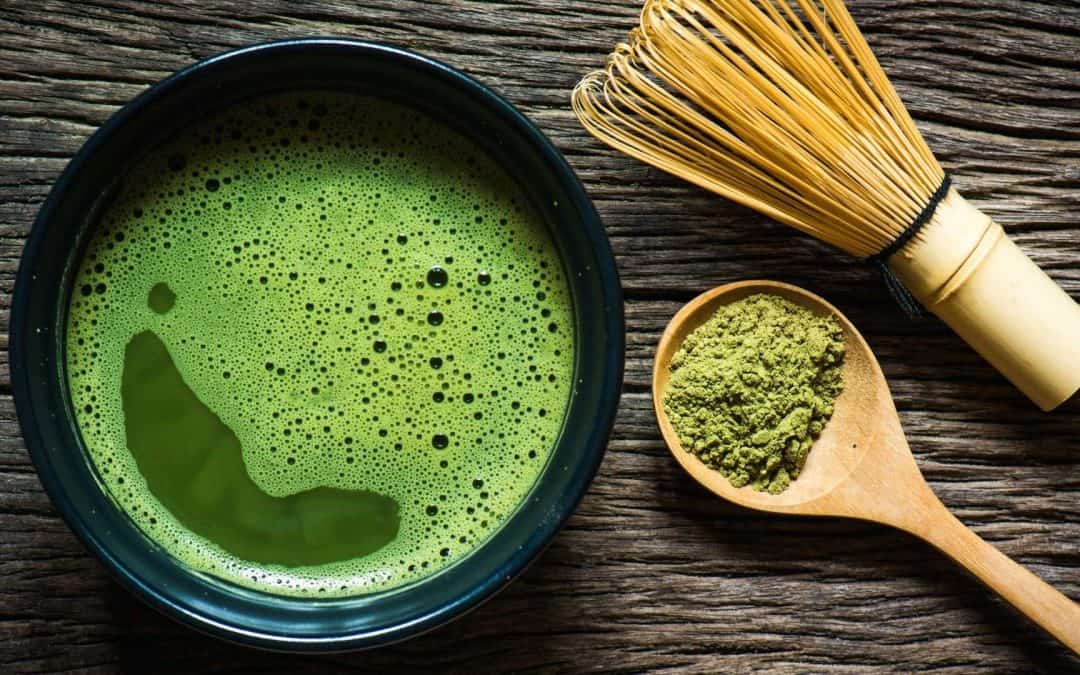There are all sorts of reasons why people become fascinated with Japan, ranging from its rich and unique history to its iconic cultural motifs and its pioneering role in the global tech boom. Increasingly, however, people are drawn to Japan, Japanese culture, and Japanese practices to pursue an enhanced sense of well-being, meaning, peace of mind, and harmony amidst the hyper-fast and hyper-connected hustle and bustle of modern life.
One of the best ways to explore Tokyo is to visit the local areas and immerse yourself in the local culture. If you want to explore local areas, we have created scavenger hunt adventures personalised to your interests, filled with fun facts, clues and puzzles. If you’re curious, you can check out the games here! Check out the Flip Japan Games here! |
Although Japan is known for its extremely industrious workplace culture, there are also various Japanese practices—both ancient and modern—that help restore balance to a hectic lifestyle. These contrasting aspects of Japanese culture likely developed in relation to each other. Without further ado, here is a selection of feelgood Japanese practices that can enhance your quality of life and help you regain your centre.
5 Japanese Practices Worth Practising
1. Drinking Matcha Green Tea
Many adults around the world consume caffeine daily, often through coffee. While coffee has its health benefits, it can also increase anxiety and a “wired” feeling, which can be unsettling when trying to maintain calm composure in everyday life. Green tea, particularly Japanese matcha green tea, offers various health benefits while also containing caffeine.
Traditional matcha green tea involves grinding the entire green tea leaf into a powder, which is then mixed with water. This method increases the antioxidant content and the caffeine level compared to typical green tea. Matcha also contains significant amounts of the amino acid L-Theanine, which induces calmness and reduces the anxious “buzz” associated with caffeine.
Many people find that matcha green tea provides a sense of “calm alertness,” unlike the jangled feeling that can come from strong coffee. Substituting some of your coffee consumption with matcha can enhance your well-being and resilience to stress. In traditional Japanese culture, matcha is not just a casual drink but the centre of a soothing tea ceremony that helps bring you back to the present moment and alleviate stress.
2. Practising Zen Awareness and Mindfulness
Life today is more fast-paced and hectic than ever before. The modern world offers a huge variety of choices in all areas of life, from fashion to entertainment. While this abundance of choice has its benefits, it can also cause stress, uncertainty, and decision fatigue. To prevent feeling overwhelmed, it’s often necessary to find techniques that help you focus on the present moment and shut out the surrounding noise.
Japan is home to many practices and traditions that help restore awareness to the present moment and regain a sense of calm. Zen Buddhism, in particular, emphasises bringing awareness to the here and now. Mindfulness meditation, a direct offshoot of traditional Zen practice, is popular today for enhancing calm and well-being.
The famous book “Zen and the Art of Motorcycle Maintenance” also highlights the importance of engaging mindfully with whatever you are doing to truly unlock the magic of each experience.
3. Going “Forest Bathing”
There is growing international awareness of the Japanese practice known as “forest bathing,” which involves walking in forested areas to shed stress and benefit from the healing power of trees. This practice is not purely spiritual; psychologists and researchers have long known that spending time in natural and forested areas supports good health and elicits positive psychological changes.
Part of the benefit comes from trees releasing aerosols containing rejuvenating compounds into their environment. Engaging in forest bathing regularly can significantly enhance your overall well-being.
4. Doing a Bit of Decluttering, Marie Kondo Style
Marie Kondo’s “Konmari” method of decluttering, though more popular internationally than in Japan, has its roots in Japanese practices due to the smaller average home size in Japan. Efficient use of space and preventing clutter is essential in Japanese homes. Decluttering can help you feel more in control of your environment and create a heightened sense of organisation and management.
5. Practising ancestor veneration
One of the major features of traditional Japanese religion, Shinto, is the veneration of ancestors. In a world where many people feel increasingly detached from their roots, practising ancestor veneration can help provide a deeper sense of connection, purpose, and place.
This practice can involve keeping a shrine to deceased relatives or researching your family tree to develop a connection to those who came before you. Such practices can counteract the malaise of modern life and help you find your footing in a fast-moving world.
Embracing the Wisdom of Japanese Practices
Incorporating Japanese practices into your daily life can significantly enhance your well-being and bring a sense of peace and balance to the hectic pace of modern life. From the calming ritual of drinking matcha green tea to the mindful discipline of Zen Buddhism, these practices offer profound benefits.
The practice of forest bathing, for example, reconnects you with nature, providing physical and mental rejuvenation. Decluttering your living space in the style of Marie Kondo can create a harmonious environment, while ancestor veneration helps you establish a deep connection with your roots, offering a sense of belonging and continuity.
By exploring and adopting these Japanese practices, you can find simple yet powerful ways to improve your quality of life. Whether you seek calmness through mindfulness, health benefits through traditional teas, or a more organised living space, these practices provide valuable tools. Embracing these traditions not only enriches your daily routine but also offers a deeper appreciation for the rich cultural heritage of Japan, fostering a lifestyle that is both balanced and fulfilling.
Stay tuned to Flip Japan Guide for more information about Japan travel, Japanese culture, moving to Japan, living in Japan, Japanese language, and more.


Recent Comments